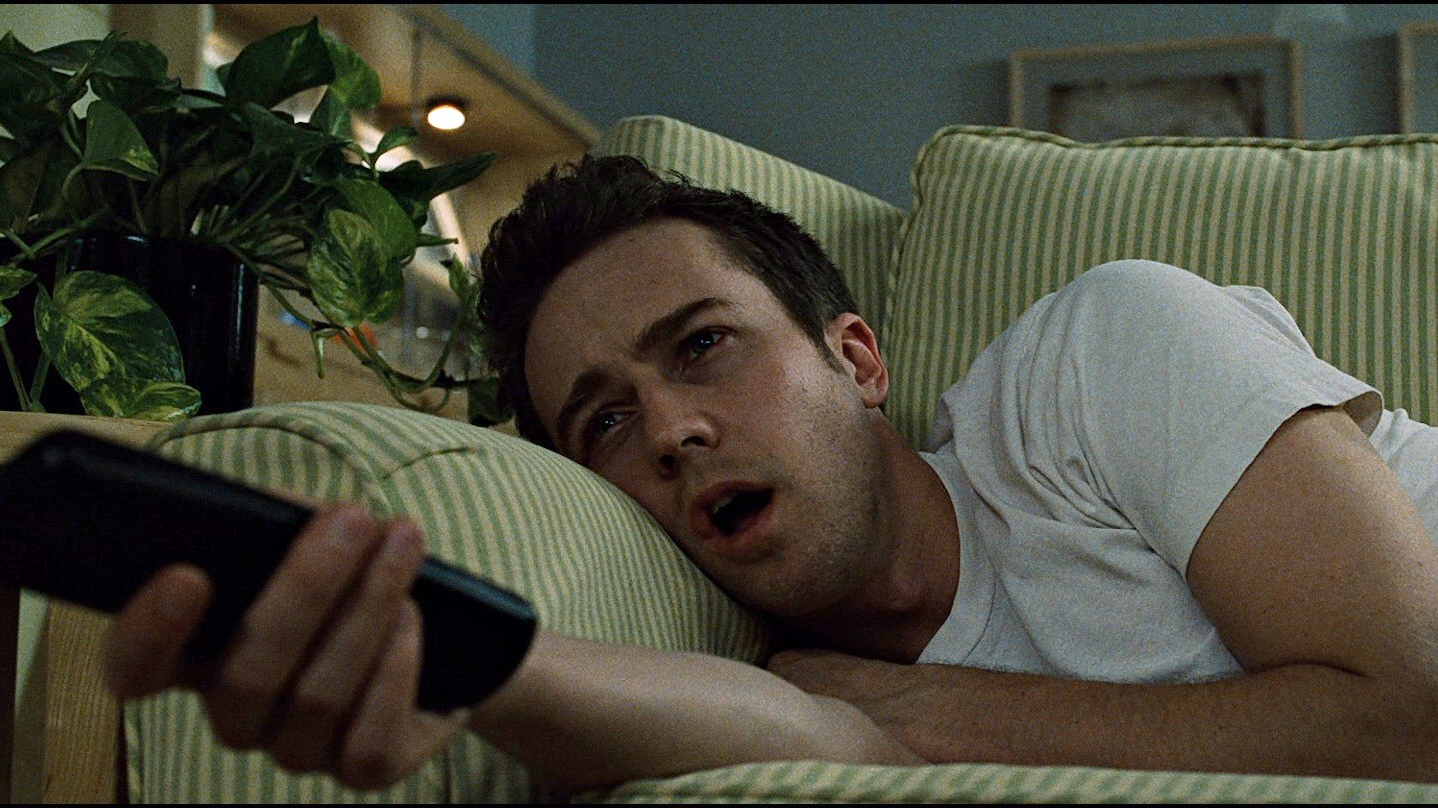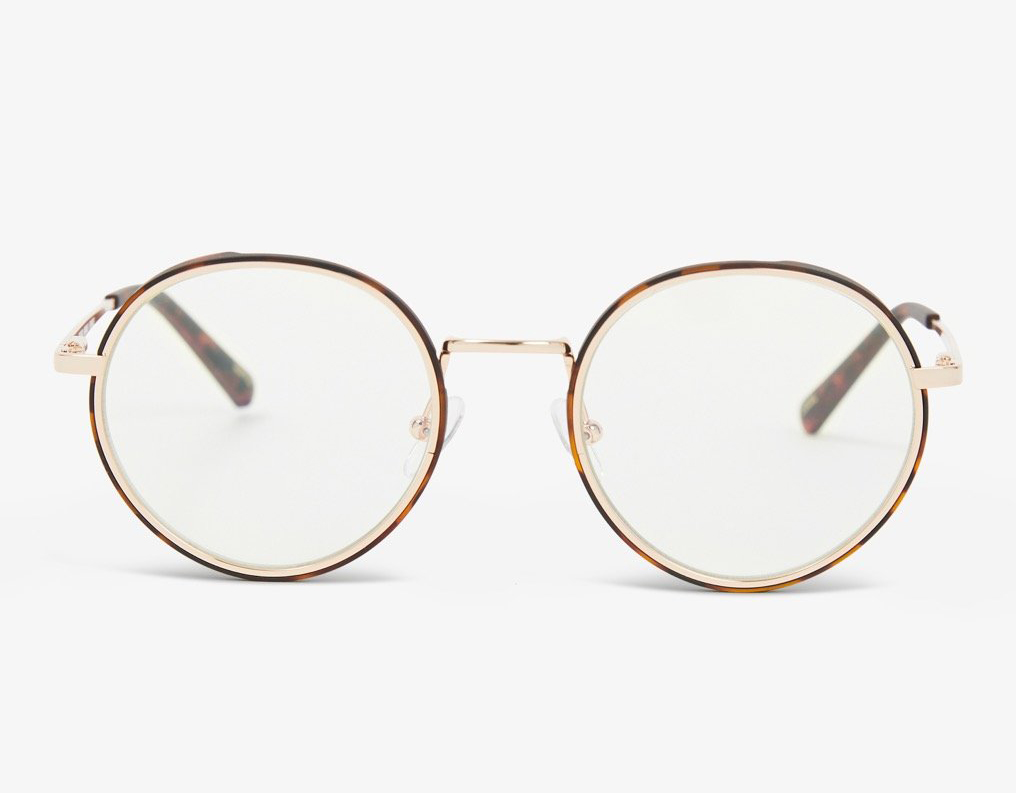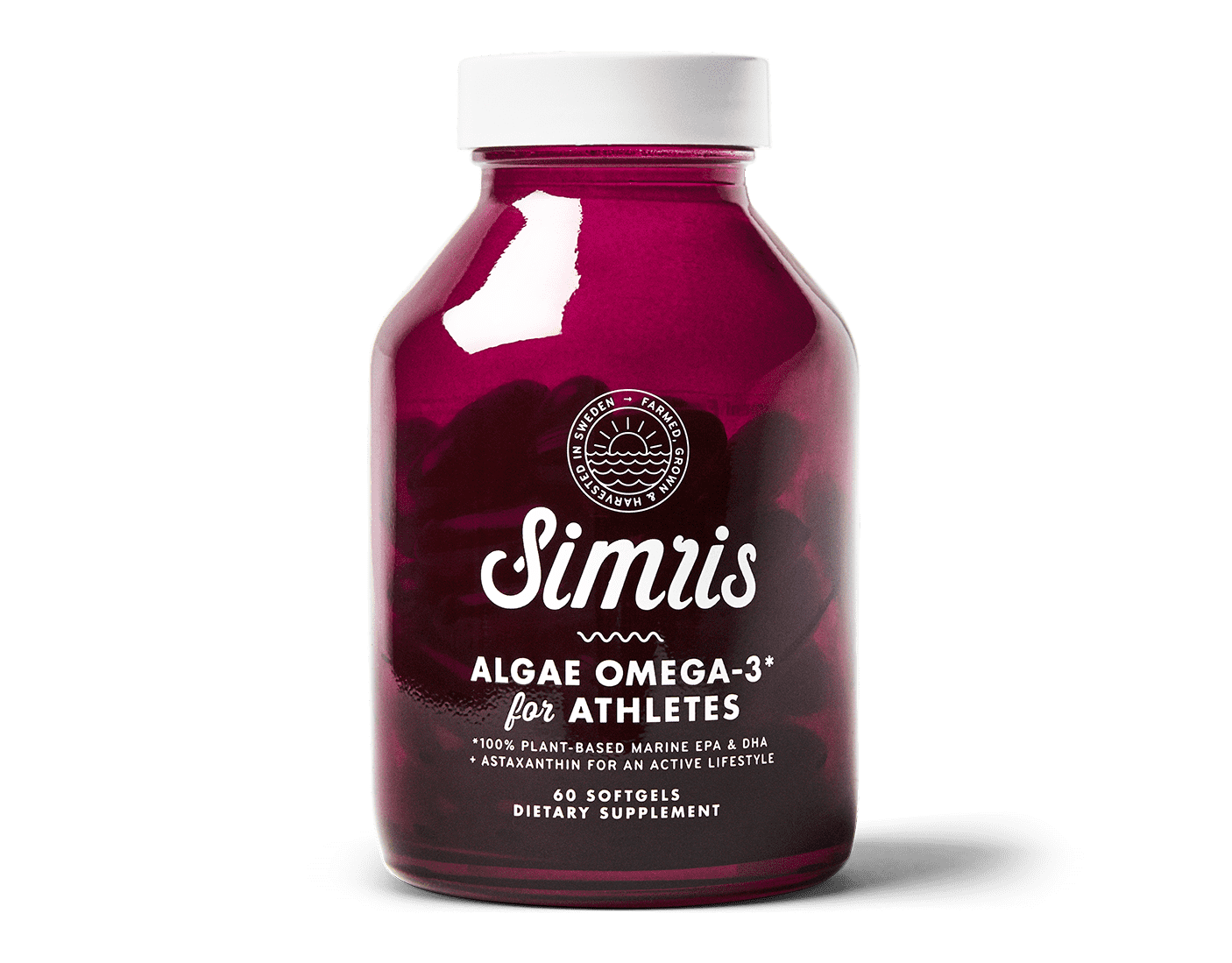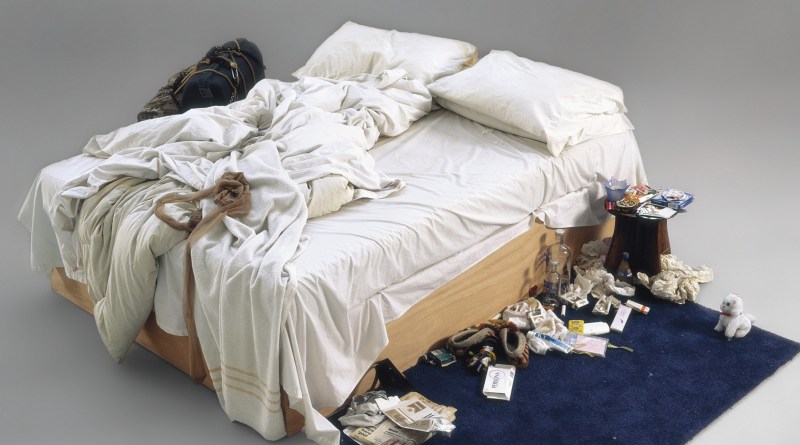Everything
Are you getting enough sleep? Those magical hours curled up on your Koala Mattress under the doona aren’t just a regular escape from the world. Those nightly eight hours are just as integral to your physical and mental health as exercise and vegetables. Even more.
Sleep is how we sort the crap out that we don’t quite assimilate during the day. It’s how we scrape the brain clean, a biological control-alt-delete process. Sleep helps maintain mental health and your physical health – from weight loss or mass gains if that’s your jam.

The fact that sleep is so imperative to our health yet considered a luxury is telling about how inverted our values are culturally. Work hard, keep working, start thinking about relaxing later, by which time it’s already it’s too late. That’s not how it should work. Sleep should be the cornerstone of your health program. Instead, official reports show that up to four in 10 Australians are reporting not getting enough sleep.
The sweet spot for sleep has often been said to sit at eight hours, but this has become a more plastic figure that now operates between seven and nine hours per night. This might sound like splitting hairs but ask a truck driver or surgeon how important those extra two hours can be.
Digital lifestyles, global time zones, internalised pressure to go be productive every waking second have meant that sleep has become an afterthought. A catnap between constantly succeeding. Time to flip that hierarchy of needs and this is how you’re going to achieve it and actually be “the best person you can be” which is – rested. Relaxed. Healthy.

Blue light glasses
Post-COVID reality is defined by screen time. Zoom, Google hangouts, Teams, FaceTime – our lives are now majority screen time and resulting in eye strain. This leads to headaches, dry eyes and interrupted sleep. Matthew Walker’s brilliant book Why We Sleep explains that “evening blue LED light has twice the harmful impact on nighttime melatonin suppression” than old school yellow light from bulbs. Your nightly TikTok scroll, instagram feed, catch up on emails is all messing with your ability to fall asleep.
There’s growing science – still on the edges but gaining traction in the mainstream – for blue light blocking lenses that will counteract the effects of our increased time looking at laptops and phone. Sydney-based Local Supply has created a range of blue light-blocking lenses in a range of classic to contemporary frames. Ranging from metal to acetate, you can find a pair that suits your face shape and will have you resting better as well as looking better. It’s still a really chic accessory, okay? Price: From $95 at localsupply.com.
Magnesium
Magnesium has become quite the little go-getter for health and wellness folks. CrossFitters swear by the oil to help ease muscle tension and prevent cramping. It’s also been prescribed as the answer to sugar cravings – I’ll have to get to you on that one though. But its ability to help improve sleep has been its biggest appeal.
Magnesium has been shown to help with the activation of the parasympathetic nervous system, which is responsible for getting you calm and relaxed. Essential if you want to fall asleep. It’s also the mineral that binds to gamma-aminobutyric acid (GABA) receptors. GABA is the neurotransmitter responsible for quieting down nerve activity.
While you can gain good quality magnesium from natural sources such as fish, grains and whole fruits, if you’re diet is a little up and down thanks to UberEats a supplement or two before bed may help relax into the night. Also, magnesium spray can also help with muscle tension caused from sitting on the sofa during WFH hours. To start you off, Base Collective magnesium oil is one of the best.

Simiris Algae Omega -3 For Athletes / $57 SHOP NOW
Coffee
Don’t worry, this isn’t going to say cut coffee out completely. Small pleasures are small pleasures. But this is advice to say – cut the cups back. Sure, when you wake up and maybe a second mid-morning hit. But leave it at that. Instead, opt for something that has more health value while still helping you achieve peak performance such as enter Simris Algae Omega-3 for Athletes
The role Omega-3 plays in healthy brain function cannot be underestimated. It’s one of the few supplements that wellness and medical folks agree on. While Omega 3 is usually gained through fish, Simris Omega-3 is a vegan, non-GMO, plant-based and ocean-friendly capsule suitable for every diet – see all the facts here.
Simris Omega-3 capsules for athletes has the energy boost you get from coffee without the accompanying side-effects – anxiety, lack of focus and agitation. It also has the added benefits of reducing inflammation, lower elevated triglyceride levels and most importantly there’s studies that show people with Omega-3 levels have lower levels of depression, which we know can be one of the biggest sources of sleep disturbances.

Patterns
When I was a kid, bed-time was strictly set. Every night, the same time. While this might have been your parents way of setting boundaries, or making sure you missed all the good shit on TV, we now know that pattern is important to creating better sleeping habits.
The body has an internal clock that sets off hormones that control when we feel sleepy and when we feel alert and this so-called clock works best if there is a regular sleep routine. When it’s functioning, your body will begin to feel sleepy at the right time.
Of course, there is no blanket time for everyone. The night owl phenomenon is a real thing and capitalist working hours of nine-to-five generally don’t favour these. While we’re in lockdown however, you can better tweak your patterns to suit your natural inclinations. Just ensure you’re still getting the recommended sweet spot of seven-to-nine.